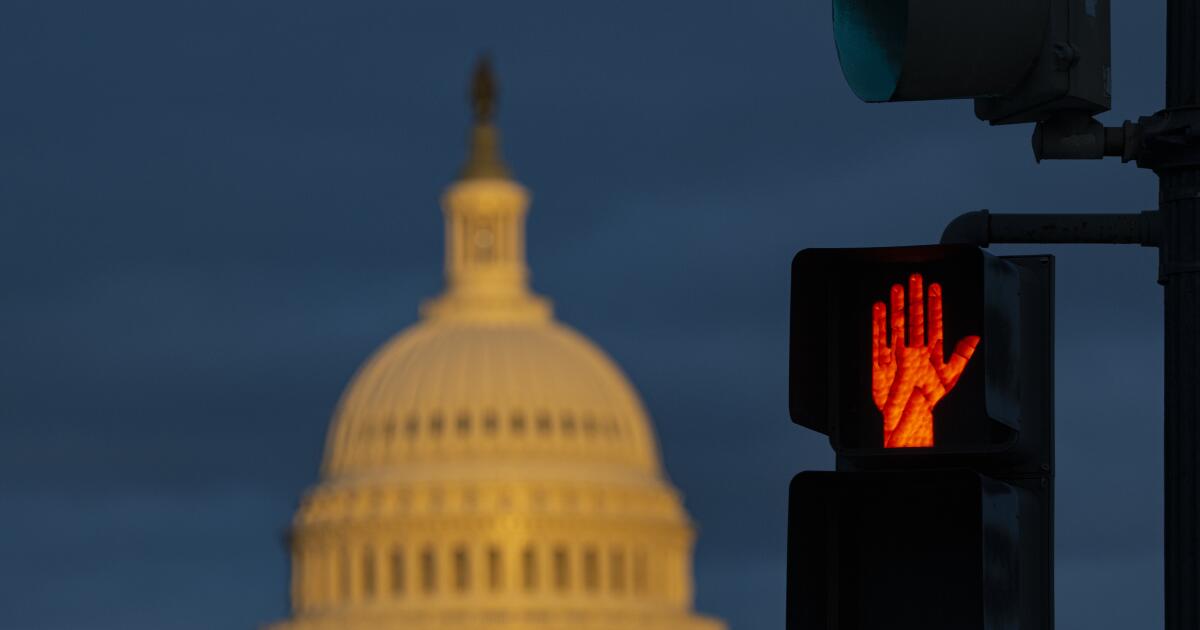Three scientists shared Nobel Prize in Chemistry Wednesday for work developing a new form of molecular architecture.
“Through the development of metal-organic frameworks, the laureates have provided chemists with new opportunities to solve some of the problems we face,” the Royal Swedish Academy of Sciences said.
The prize was presented to Susumu Kitagawa, 74, a professor at Kyoto University in Japan; Richard Robson, 88, of the University of Melbourne, Australia; and Omar M. Yaghi, 60, a professor at the University of California, Berkeley.
Yaghi was born in Jordan into a family of Palestinian refugees. He moved to the United States at the age of 15 and has since become an American citizen.
“I was in love with chemistry from the very beginning,” Yagi said, according to Berkeley. “I really liked the lab. I didn't like the classes, but I liked the lab.”
Nobel Prize officials said Yagi and Kitagawa built on Robeson's 1989 work with research they compared to Hermione's enchanted purse in “Harry Potter.”
“They found ways to create materials, completely new materials with large cavities inside that can be seen almost like hotel rooms, so that guests' molecules can move in and out again from the same material,” said Heiner Linke, chairman of the Nobel Committee on Chemistry.
“A small amount of this material could be almost like Hermione's handbag in Harry Potter. It could store huge amounts of gas in a tiny volume,” he added.
The trio created molecular constructs that “can be used to harvest water from desert air, capture carbon dioxide and store toxic gases,” the academy said.
Their discoveries “could help solve some of humanity's greatest challenges,” the report added.
Following the announcement of his victory, Kitagawa held a press conference at Kyoto University in which he thanked his family, colleagues, students and fellow graduate students.
“I am deeply touched to receive such a great honor at this time,” he said.

Alfred Nobel was himself a chemist, and his work in the field laid the foundation for the fortune he made from the invention of dynamite in the 19th century.
American scientists received last year's prize in chemistry David Baker, John Jumper and Briton Demis Hassabis for work deciphering the structure of proteins and creating new ones, leading to advances in areas such as drug development.
Two Americans were among this year's honorees medical award on Monday for work on the human immune system, and three American scientists were awarded Physics Prize Tuesday for discoveries in quantum mechanics.
The Nobel Prize for Literature will be announced tomorrow, followed by the Nobel Peace Prize on Friday and the Prize for Economics on October 13.








